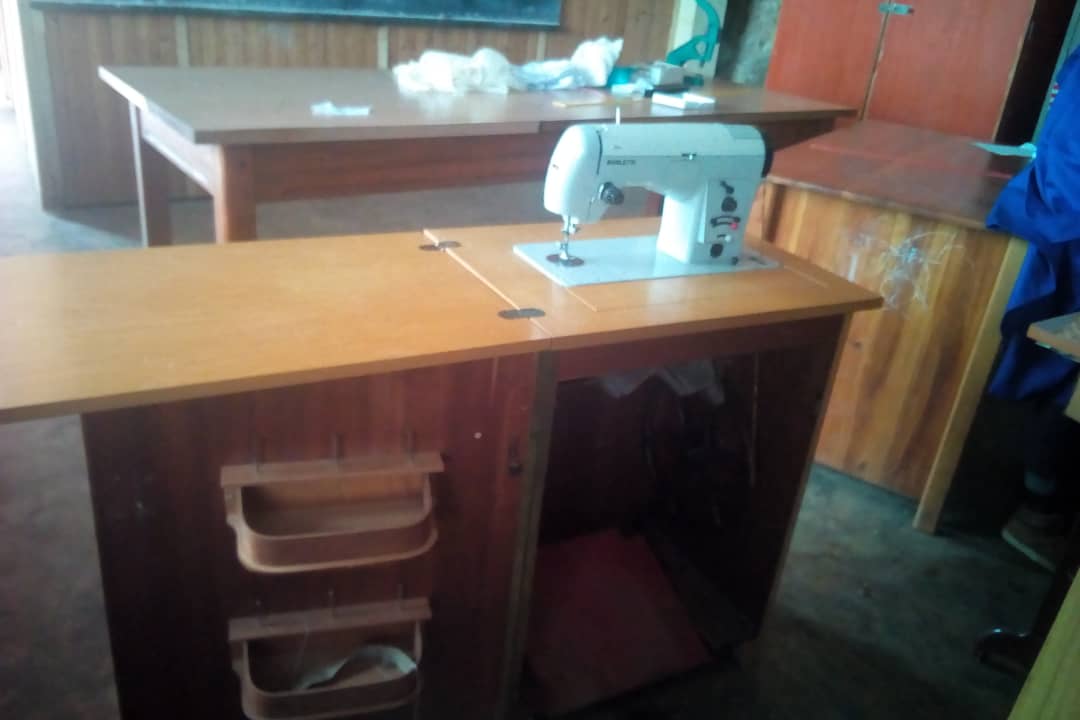
Education in Rwanda has seen significant improvements in recent years, thanks to both government efforts and contributions from non-governmental organizations (NGOs). Rwanda has placed a strong emphasis on education as a key driver for economic development and social progress since the 1994 genocide against Tutsi.
Here are some key points about education in Rwanda and the role of NGOs , ADPE included in the sector:
Education System: Rwanda’s education system is divided into four main levels: pre-primary, primary, secondary, and higher education. The country has adopted a 12-year basic education system, with six years of primary education and six years of secondary education.


Rwanda’s government has made significant investments in education, focusing on improving access, quality, and relevance. The government’s flagship program, “Nine-Year Basic Education,” provides free education for all children from primary to lower secondary level. The government also aims to enhance literacy rates and educational outcomes through curriculum reforms, teacher training programs, and infrastructure development. NGOs play a crucial role in complementing government efforts, focusing on specific areas like improving access to education for marginalized communities, providing teacher training, and enhancing the quality of education. NGOs in Rwanda often collaborate with international organizations like UNESCO, UNICEF, and donor agencies to leverage resources and expertise. Some NGOs target girls’ education, addressing gender disparities in education. Community involvement is promoted through NGOs, and vocational training and skills development are aimed at reducing youth unemployment and contributing to economic growth. Rwanda is committed to achieving the Sustainable Development Goal (SDG) 4, ensuring inclusive and quality education for all.